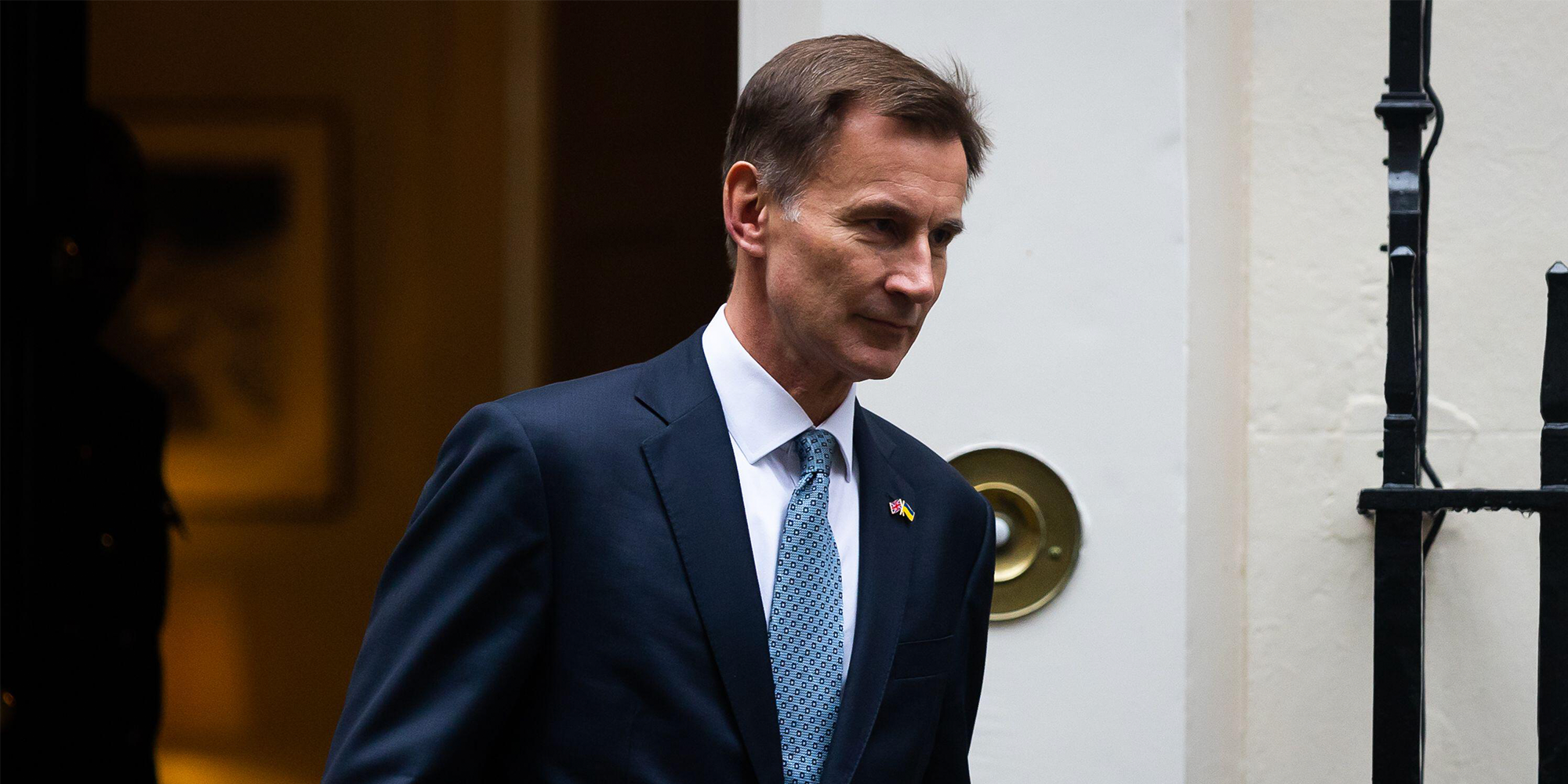
Autumn Statement 2022: A double-edged sword for a nation in recession
Today’s Autumn Statement paints a mixed picture for the UK, with growth, investment and long-term ambition perching on a knife-edge as Hunt announced a swathe of real terms cuts to public services and immediate tax changes for millions.
The core measures – NHS funding, short-term windfall taxes, and efficiency reviews – all point to the tough decisions a Government facing down a recession has had to take and will undoubtedly reassure the markets. However, it will almost certainly come at a further cost to the Conservative Party’s poll ratings amid fresh criticism of their understanding of the real-world impact of their policies and the OBR forecasting the largest fall in real household disposable income on record.
For Labour, today’s statement presents an immediate opportunity to go toe-to-toe with the Conservatives on the long-term vision for the country, with many of the measures announced today not due to kick in until after the next general election.
It’s all about tax
As ever, tax – freezing it, cutting it and introducing it – is the dividing line between the Conservative and Labour parties, with Shadow Chancellor Rachel Reeves MP immediately jumping on Hunt’s plan to freeze the basic rate tax threshold until 2027-28.
Coupled with the decision to reduce the threshold for higher rate taxpayers by £25,000 a year, today’s tax announcements will prove to be an unpopular move for a Conservative Party which was re-elected in 2019, committed to a low tax economy. The Government urgently needs to repair its reputation with voters ahead of the next general election, but it is unlikely these measures will do so, as it provides an immediate opportunity for Labour to cement its poll lead by going on the offensive over rising taxes and falling living standards.
Cuts, cuts, cuts
For departments now facing reduced real term budgets and efficiency pressures, the door will be open to businesses, industry voices and campaign groups offering solutions which improve the outlook for key industries and make sound economic sense.
Whilst protecting existing budgets until the end of the spending review period in 2025 is a sign of the Government’s commitment to minimising the immediate impact of the economic downturn on public services, ultimately double-digit inflation putting immediate pressure on pay deals coupled with a 2.7% reduction in funding increases going forward, points to a difficult period for a public sector that is already under considerable strain. There are also clear plans for widespread public service reform in the not-too-distant future.
However, with many of these real term cuts backloaded to after the next general election, public spending will now be a difficult territory for both parties – and particularly the Conservatives – as they tussle over long term spending commitments with voters.
Schools, the NHS and social care are cushioned
Additional funding and a public display of gratitude for schools has taken many by surprise, following speculation that the education budget would be amongst those facing a squeeze. The £4.6 billion additional funding announced today will go some way in plugging the funding gap the sector has long highlighted.
Pots of funding were also made available to the NHS and social care sector, totaling £8 billion next year. However, this was followed by an immediate double-edged sword of efficiency measures and improved productivity requirements, with a politically astute decision to announce a review by former Labour Health Secretary Patricia Hewitt to commence next year.
Having put the NHS and schools top of the priority list at the start of his speech, this double-edged sword of increased funding and pressure for future reform of the system is a microcosm for the Tory agenda.
The green agenda
Despite economic pressures, Hunt again reiterated the Government’s commitment to the 2026 COP agreement to reduce emissions, positioning the Sunak administration as more pro-environment than the Truss administration. But the energy and investment measures today suggest there is little meat on the bones for the green agenda.
A short-term windfall tax on energy companies and a new 45% levy on electricity generators might go some way in plugging the energy cost bill and reducing pressure on households, but coupled with a new tax for EV drivers, industry is likely to argue that this Conservative Government just made investment more difficult.
Difficult decisions ahead for everyone?
Taking today’s mixed bag of good news and downbeat outlooks as a litmus test for the debate ahead, there are difficult decisions ahead for senior members of both the Conservative and Labour parties as they consider their future economic policies in the run up to the general election.
The tax and spending picture outlined in this Statement will form the backdrop to an election campaign in which household budgets, long term growth and access to services are a central feature.
There are likely u-turns ahead from the Conservative Party and strongly worded criticism from the Labour Party, but ultimately with the economic realities difficult to ignore. Both parties will be in listening mode and looking for input on reform in regulated industries, the public sector and skills and innovation in order to build a blueprint for prosperity.